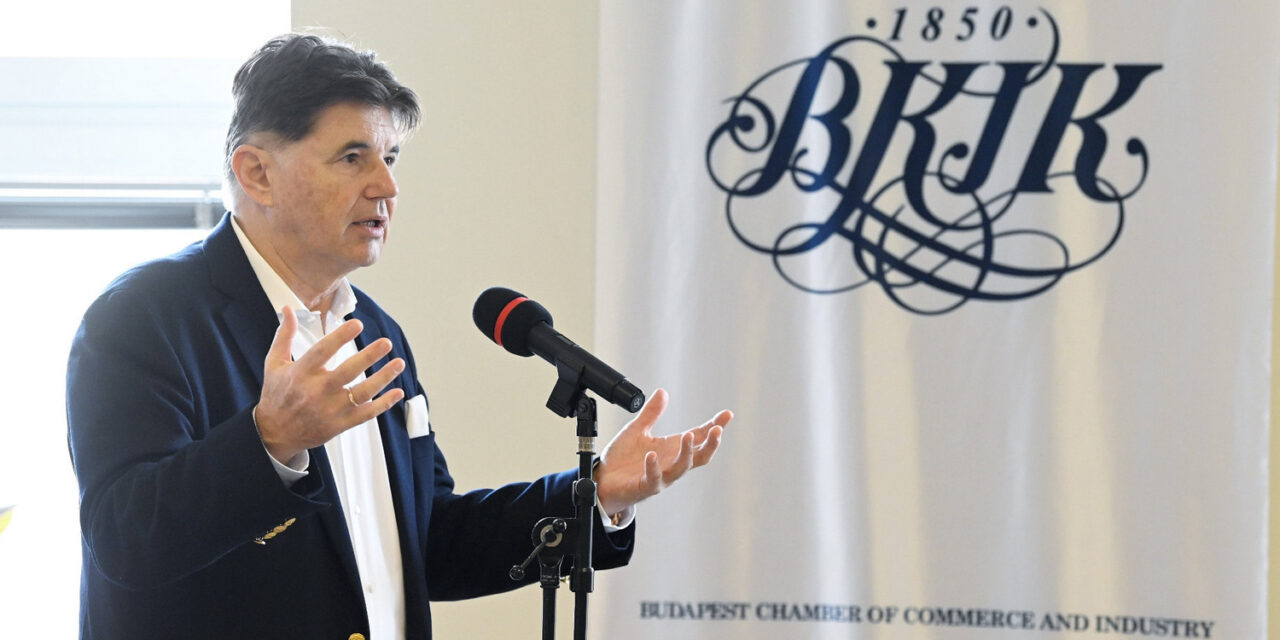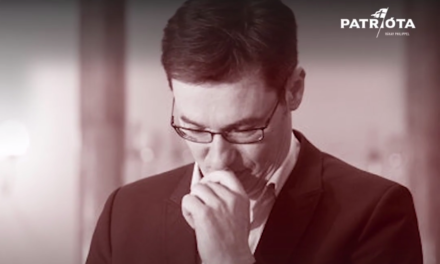According to big entrepreneur Elek Nagy, Viktor Orbán is hurting very serious Western economic interests when he "sings" out of the EU choir for Hungary in order to achieve his goals. In thirty years, the future will mostly be in the hands of our descendants, if by then such a serious fortune is established that it is here and will remain here in the country, because the families in question and the groups of companies connected to them have their roots here, in the long term the nation serves your interests.
BÁV, one of Hungary's most significant companies, is celebrating its 250th anniversary this year. On the occasion of the anniversary, Elek Nagy, a billionaire entrepreneur who is part of the company group, shared his thoughts on the future of the company, the state of the Hungarian economy and the political aspirations of Viktor Orbán in an exclusive interview with Index
250 years of digitization and the BÁV
When asked how the BÁV, which is 250 years old this year, survived the storms of history, Elek Nagy said that
the formula seemed simple from the start in 1773, the poorer classes received help with treasury financing, at a relatively low interest rate of 5-6 percent, and the term was one year and six weeks. BÁV thus became the first truly serious financial institution, dominating the Hungarian market until banks appeared in the middle of the 19th century.
Regarding the role and impact of digitalization on the pawn market in the future, Elek Nagy reported: "Soon, it may become part of the daily routine to offer the pawned item through the application, receive an offer, accept it, and a Courier. In the same way, over time we can even buy a high-value painting, online auctions are becoming more and more common, but in the short term the physical presence will definitely remain important."
National interest in economic policy
The large entrepreneur with Transylvanian roots said in relation to the need for a national capitalist class that
"this Hungarian state is well understood and interesting, because if there is no stable domestic capitalist class, it is a serious risk for the country."
Nearly fifty years of communism killed us, not Austria. In 1938, the Hungarian GDP per capita was 90 percent of the Austrian one, but in 1990 the difference was already sevenfold in favor of the in-laws. It's nice to win from here. The Romanian development is extremely spectacular, but the big question is who will go where in the next 20-30 years. We have an advantage in this, because the structure of the economy and the ownership structure of strategic sectors can be said to be increasingly healthy. Capitalism has its advantages and disadvantages, but a better one has not yet been invented, but at the same time, let's not forget that people are driven not only by interests, but also by emotions. We witness the constant collision of these two. While in the West there is a very strong upper middle class that is deeply connected to its own country, in our country this has only started to re-emerge in the last 30 years.
The Romanians don't think like that, they opened the door as wide as possible for Western big capital in key sectors. Hungary also did this in the past, but for years it has been working hard to balance the domestic and international centers of gravity."
- added Elek Nagy.
If the good Hungarian-owned companies become even better, i.e. strong in capital, technologically advanced, and able to export, then they must be given support to become even stronger, since their development will also increase the country's competitiveness. This difference in concept can decide the competition between the two countries.
The saying of the richest American billionaire of all time, John D. Rockefeller, has become a household word for a reason:
just don't ask about my first million!
But we can also take as an example a rich British bourgeois family. If we look at how the ancestors founded their wealth, it turns out that it was through colonization and the slave trade. And it's not just British families. It was natural at the time, and anyone who spoke against it was a renegade. Almost everyone in Hungary had to get that certain first million after 1990. The current domestic situation can indeed be criticized, rightly or wrongly, but it is much more important to examine it in a historical perspective. In thirty years, the future will mostly be in the hands of our descendants, including the descendants of the mentioned gentlemen. If such a serious fortune is established by then, which is here and will remain here in the country, because the given families and the groups of companies connected to them have their roots here, it will serve the interests of the nation in the long run.
Regarding the policy of the Hungarian government, he said that in his opinion "Viktor Orbán's vision poses a serious risk to Western economic interests". In his opinion
Viktor Orbán offends very serious interests when he "sings" out of the EU choir for Hungary in order to achieve his goals, he is obviously aware of this.
At the same time, he emphasized that in the meantime, the opponents of the government are seriously harming Hungary's interests, which they are aware of. However, I see a marked difference between the two ways of behaving: the Hungarian Prime Minister basically wants to assert his will for something, precisely in the interest of the country, and his opponents want to do something against him, to prevent him.
The full interview can be read HERE
Cover photo: Elek Nagy gives a speech at the event held at the headquarters of the Budapest Chamber of Commerce and Industry on February 20, 2023 - Photo: Noémi Bruzák / MTI













